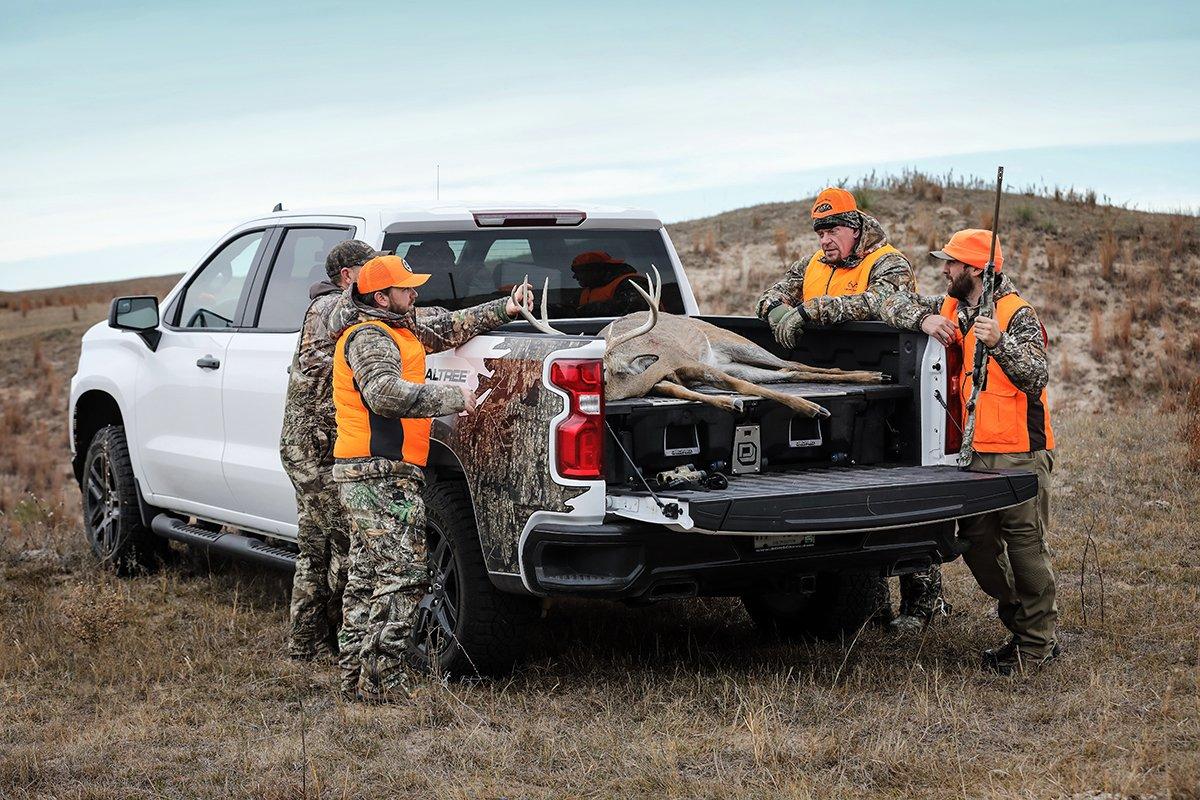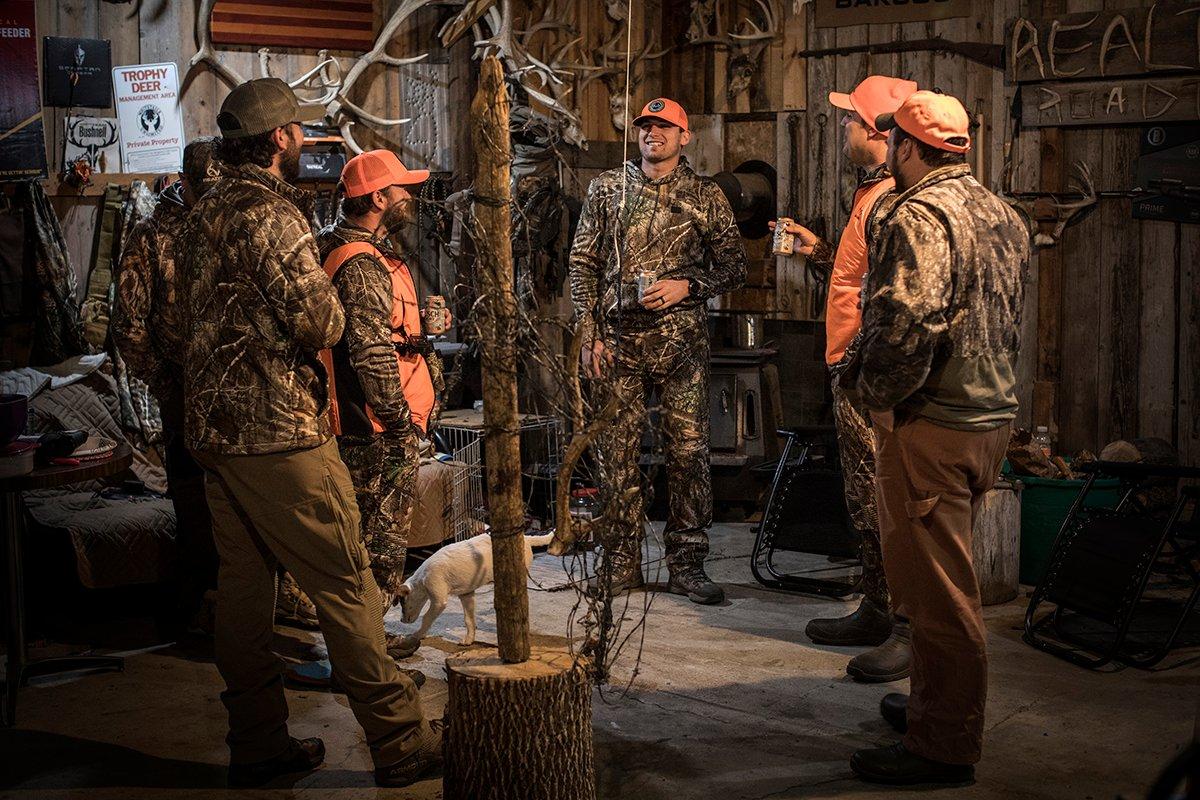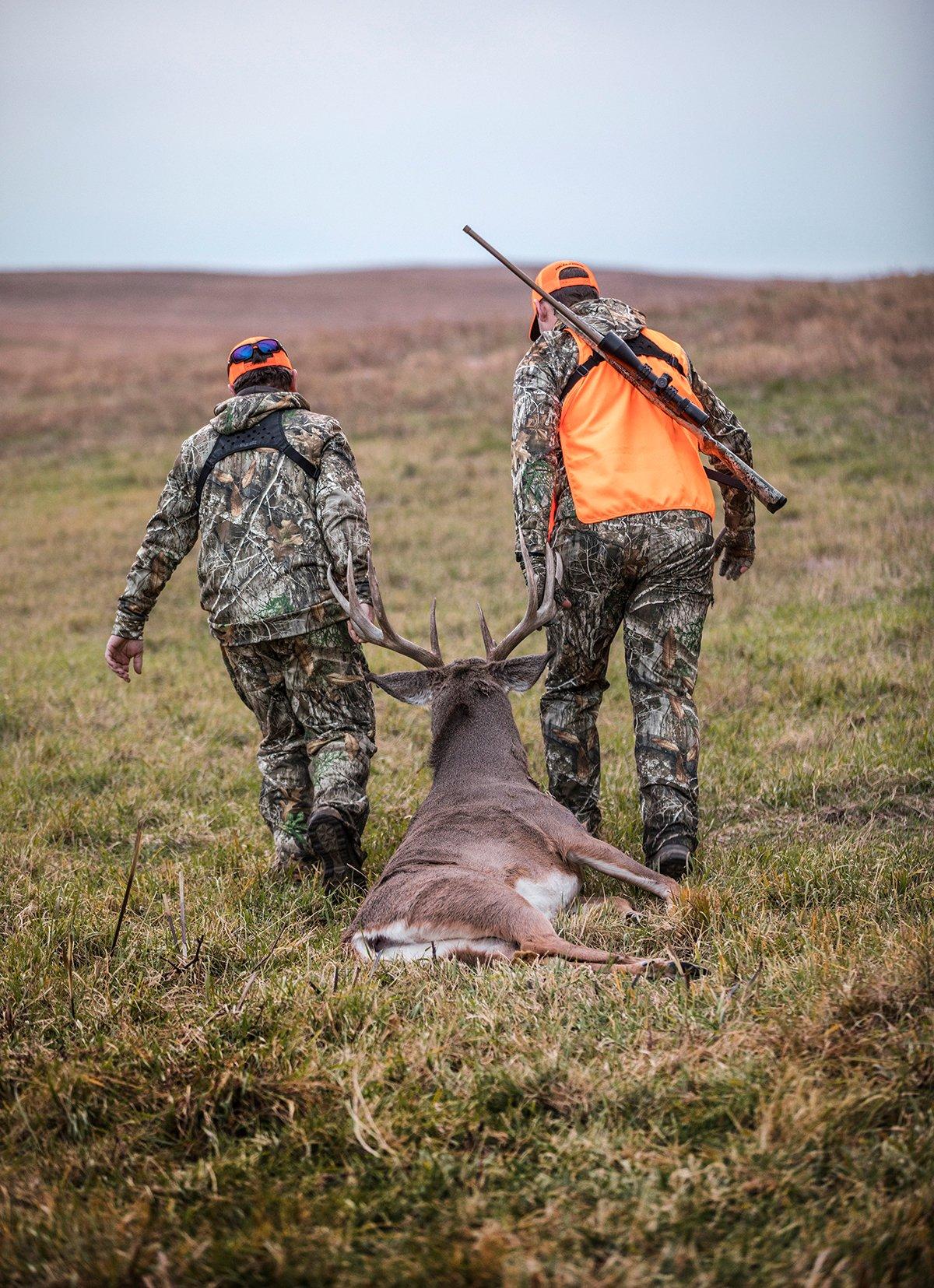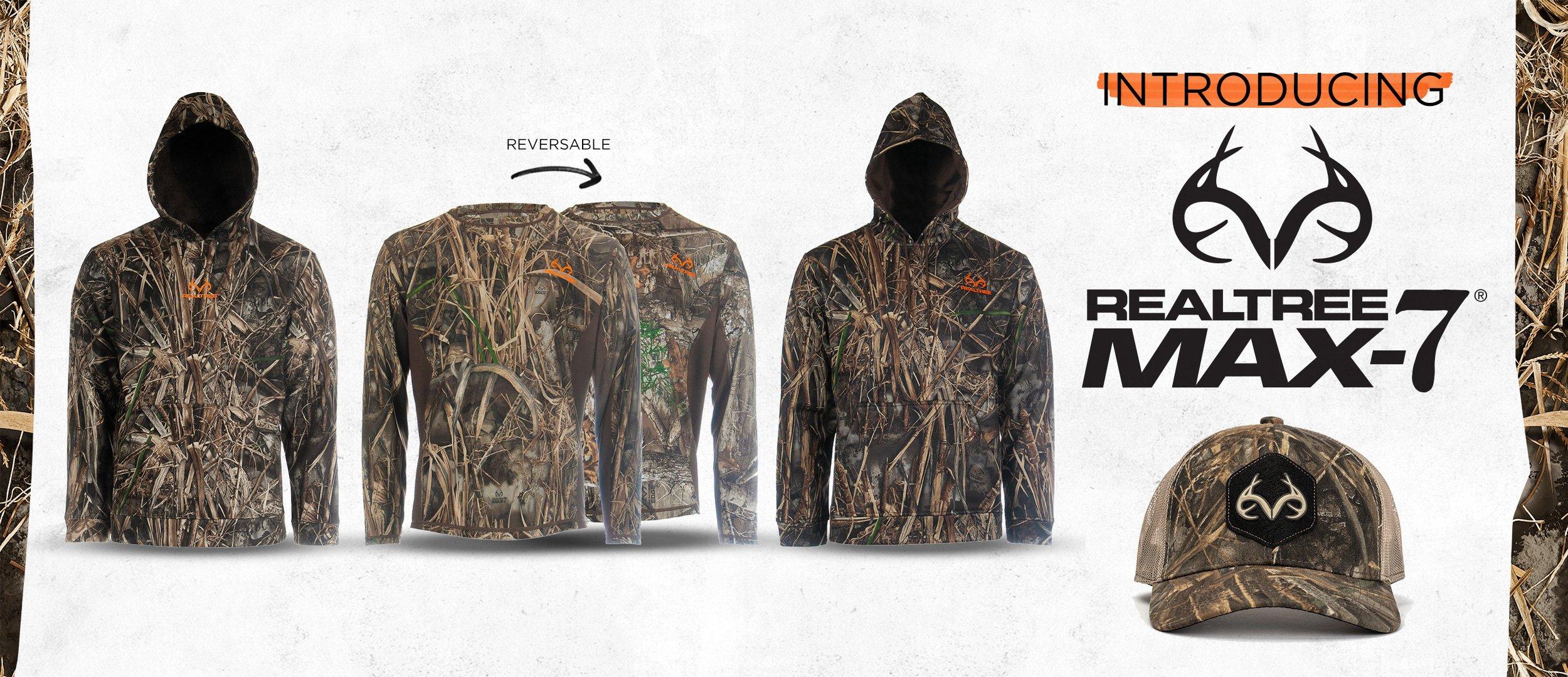A multi-thousand-dollar hunt is something to take seriously while still enjoying a great time. Here's how to behave yourself
Outfitted hunts can be very exciting. I've done several of them, and most were with salt-of-the-earth folks who respected one another and had a great time. But I've shared a couple of camps with chest-thumping types who cussed and drank more than they hunted. It ruined an otherwise great atmosphere. Have you ever been on an outfitted hunt and experienced someone or several people acting foolishly? Did it negatively affect your hunt time in camp? For that matter, have you been the annoying or disrespectful guy or gal in camp?
You want to have a good time on an outfitted hunt, but it's important to follow some common-sense guidelines, too. These are some of the big ones.
1. Keeping Others Awake
After traveling a great distance and paying thousands, who wants to be kept awake by someone is talking loudly and slamming doors? Outfitters don't typically specify a curfew, but nonetheless, be respectful of others in camp and their bedtimes. Go ahead and sit by a campfire outside the lodge or stream a movie on your laptop, but keep your commotion down. And don't forget, the alarm clock sounds off early every morning. Everyone will likely have more productive hunting and a better camp experience given a good night's sleep.
2. Getting Hammered
The atmosphere at a hunting camp shouldn't be like a wedding reception with an open bar. Not only is it unpleasant to be around rowdy, inebriated people, but safety is an issue. Climbing into a stand or handling a weapon the next day is risky if you're intoxicated or hungover. There's nothing is wrong with enjoying a drink, especially to celebrate after tagging a buck or bull or while listening to the campfire crackle. But quit before you reach your limit so that you don't make others uncomfortable or risk safety. Remember why you're there.
3. Not Practicing
Make sure that you're shooting proficiently with your weapon of choice, and don't skip opportunities to practice in camp before hunting. A fellow outdoor writer who helped an outfitter in a grizzly camp once told me about a client who said, Nope, I'm good, when he tried coaxing him into shooting his bow before hunting. Really?
Traveling can take a toll on equipment, and it's your responsibility to check your equipment and make sure nothing has changed since you left home. Bill Hill, of Border Bucks Outfitters in Missouri, said, Guided hunts cost thousands. We cannot control the weather, animal movement, etc. When an opportunity to harvest arises, it's important to be able to capitalize. Also, we work our tails off to provide our clients with opportunities to harvest. If a client fails because they aren't ready and proficient, it's bad for everyone. They're out thousands of dollars, and we might face the reality of losing an animal that we worked very hard to put the client on.
(Don't Miss: Pennsylvania Record Buck Hid in Garage for 60 Years)
4. Being Late
If your guide tells you to meet him/her in a specific location and at specific time, don't be late. In fact, make it a point to be 5 to 10 minutes early. Most times, you're not the only one guides have to get to a stand. We guide on more than 20,000 acres, Hill said, and we're going to put our hunters where we believe they have the best chance of encountering mature bucks. But we also have to put multiple hunters out. Sure, the first guy might be only five minutes from the lodge, but we need to make sure we have everyone positioned early so we're not stirring up the woods right at first light. If you're walking to a stand five minutes before daylight, you'll spook any deer that would've walked by during the first few minutes of shooting light.
5. Complaining
On two outfitted hunts, I was the guy who wasn't seeing shooter bucks when everyone else was. I kept my mouth shut. But, situations like this can get into your head and they can lead you to make a remark you shouldn't, like: Hey, John, how much extra did you pay the outfitter to set you up in all of the action?
Whether the statement was ill-intentioned or made all in good fun, it's not respectful to your guides. Plus, it certainly won't help you curry favor when the guides and outfitter are divvying out stand locations. If you're entertaining a snarky comment, lock it up and throw away the key.
6. Guiding the Guide
You've probably heard the age-old saying, Don't guide the guide, many times. If big bucks have passed through the same spot 80 yards away from the hang-on stand you've been bowhunting from and you blurt out, That stand's in the wrong place, you're not going to make any friends.
On the other hand, you could say, I've noticed that the big bucks are consistently using a funnel just beyond bow range. Is it possible to move the stand or hang another one over there to capitalize on that movement? You're opening a discussion, not hurling an insult or accusation. That's the best approach.
Hill shared his perspective. If you're hunting with a reputable outfitter, they'll put you in the stand they believe gives you the best chance for success, he said. And you'll need to trust them on that. They've done all of the scouting and typically have many years of history with the property. There's a misconception with some folks that a guided hunt means you get to take your pick of three different bucks over 160 inches. A deer like that is very possible, but those are special opportunities, even on a guided hunt.
To that end, if you're not beating big bucks off with a big stick, it doesn't necessarily mean your guide put you in a poor spot. It simply means that hunting is hunting. Have realistic expectations.
7. Going for a Walk
I'm always confused when I hear outfitters talk about folks getting out of their antelope blind or climbing down from a treestand before the agreed pick-up time. You'll not only hurt your chances for success by roaming around, but you'll potentially jeopardize the area for other clients, too. Unless it's an emergency, stay put.
Beyond emergencies, Hill provided one exception for getting down.
We want our clients to stay put until we pick them up, he said, but, if someone harvests an animal and watches it expire, they have the green light to recover that animal. We don't want to rob our clients of that experience.
But, when you don't see the animal expire, stay put, even if the hit looked great. Every year we have clients hit game and say they made a great shot, Hill said. When we get to tracking, sometimes we'll get 300-400 yards from the impact spot and determine that the hit wasn't so perfect. That's why we ask our clients to wait for us to track. We don't want them pushing the deer, trespassing on neighboring properties and so on. The best chance of recovering a deer, in most cases, is to be patient.
(Don't Miss: The 10 Most Annoying Catch Phrases in Hunting)
8. Smelling Like a Night on the Town
This might surprise some, but numerous folks I've shared hunting camps with reeked of Tide, Old Spice or scented body wash. If I could smell it as they walked by, imagine how easily deer or elk could smell it.
(Don't Miss: 15 Fascinating Facts About Whitetail Biology and Behavior)
9. Being Cheap
While guiding turkey hunters in Florida for an outfitter friend, my tips were all over the board. One gentleman who bow-killed his Osceola gobbler at 4 yards from a blind I deployed that morning gave me $300, which was about 17% of the hunt cost. It was an outstanding tip for a turkey. Another client I guided from start to finish who killed a beautiful Osceola tom gave me $40. He might as well have slapped my face, because it didn't nearly cover fuel and scouting time.
Be a decent human. If your guide worked hard and made every effort for you to be successful, then tip him/her appropriately. Huntin' Fool suggests 10-15% of the hunt cost. If your guide was a slouch, didn't put in full effort and wasn't kind or courteous, then use your judgement and also discuss your dissatisfaction with the outfitter.










